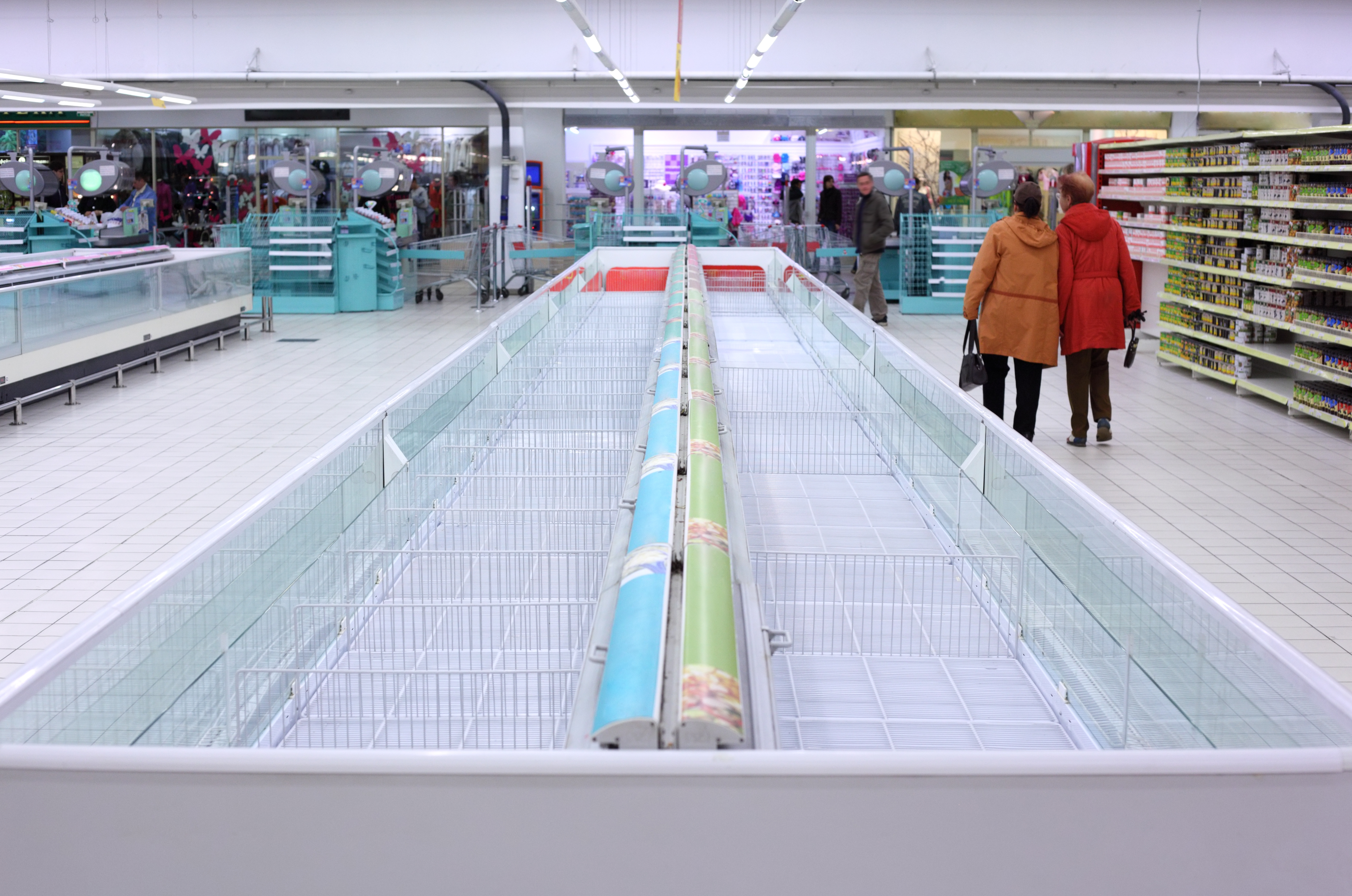
Image courtesy of Adobe Stock.
With the supreme court compromised, the president outmaneuvering the congress, all members of the military under the watchful eye of Cuban zampolits (political officers), and the most loyal members of the military allowed to enjoy the spoils, there doesn’t appear to be much hope for either a peaceful solution or near-term end to the massive, intentionally caused humanitarian suffering in Venezuela.
Here are two short comments on the escalating violence and a long discussion of a feature article on the collapse of democracy and the economy.
6/16/17 – AFP at Yahoo News – Venezuela mobs kick, burn thieves in lynching epidemic – What happens when governments take actions that prevent the economy from working and as a result people are starving? Thieves start robbing people of food at gunpoint (money isn’t worth stealing).
What happens when robberies get out control because there is so much disruption and the government can’t do anything to maintain peace and there is widespread suffering? Mobs start lynching robbers.
There were 20 reported mob driven lynchings in 2015, 126 in 2016, and 60 in the first five months of this year.
In one attack on an armed robber, the police were able to pull the near-unconscious man into a police car as the mob cheered having beaten him. Another reporter filmed a robber being set on fire.
As another indicator of the breakdown in the social contract, Venezuela has one of the highest rates of murder in the world. That merely 6 out of 100 murders results in jail time dangerously wears away at the idea of government being able (or willing) to maintain social order. That contributes to the vigilante justice.
In addition to the massive suffering due to shortages of food, medicine, and electricity, Venezuela is slipping into a life of vigilante justice.
6/22 – Al Jazera – One killed as Venezuelan Troops fire on protesters – Another day of protests.
Another day of protesters getting shot at point-blank range.
One died, two wounded.
Number of dead in the last three months is somewhere around 80.
(Yes, Al Jazera is pointing out the collapse of Venezuela.)
6/23/17 – Wall Street Journal – ”The Last Battle for Democracy in Venezuela” – Article provides an in depth description of the economic collapse, current political direction, how the country got into this horrible disaster, and the bleak prospects for an end to the suffering.
Shrinking opposition
Opposition to the destruction of the country is coming from the Congress and Attorney General. The government is working to get rid of the Atty. Gen. and has a plan to replace the Constitution and Congress.
The government has already taken over control of the Supreme Court. The military was purged in 2002 after an attempted coup and now appears to be completely controlled by the government. The Cubans took over indoctrination and training of the military after the coup.
Path forward to end democracy in the country
(more…)







